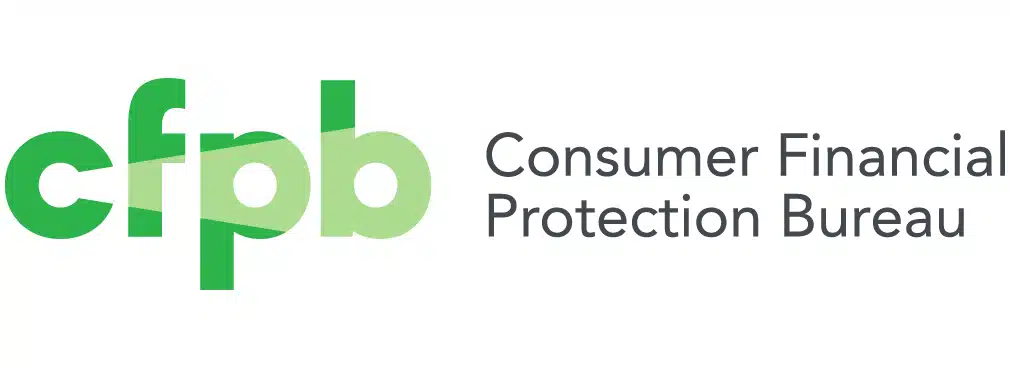The Consumer Financial Protection Bureau on Wednesday issued an interpretive rule that buy now, pay later users are entitled to some of the same rights and protections of the Truth in Lending Act that apply to credit cards.
Protections the CFPB says consumers are entitled to include the right to dispute charges and demand a refund from the BNPL lender after returning a product. The ruling comes nearly two years after the CFPB issued a report on the BNPL industry, but made no regulatory recommendations.
An interpretative rule is a rule issued by an administrative agency that clarifies or explains existing laws or regulations. The CFPB began studying the BNPL industry in 2021.

According to the CFPB’s ruling, BNPL lenders must investigate purchase disputes initiated by consumers and suspend the consumer’s payment obligations while the dispute is being investigated. In addition, BNPL providers must credit refunds to consumers’ accounts when the consumer initiates a return or cancels a service. BNPL companies must also provide consumers with periodic billing statements similar to those for credit cards.
CFPB Director Rohit Chopra said the rule was developed because consumers do not know what rights and protections they can expect from BNPL providers. He added that any form of consumer credit should offer consumers the same protections as those provided by credit card issuers.
Given the many complaints consumers have lodged about BNPL providers, especially when it comes to returns, the CFPB’s ruling is not surprising, says Ariana-Michele Moore, advisor, Retail Banking and Payments for Datos Insights.
“The [BNPL] product has a lot of ambiguity,” Moore says by email. “The [returns] process for some [BNPL lenders] is more arduous for consumers than using a credit card. I think it’s about time that BNPL lenders are held to the same standards their ‘competitors’ must adhere to. It’s that simple.”
With about a quarter of consumers who have a financial-institution relationship of some kind making use of BNPL loans, consumers should benefit from the CFPB ruling, Moore adds. Still, she says, the rule may involve new costs for businesses that will likely be borne by consumers.
“Are consumers better off? On the surface, yes.” Moore says. “Of course, you must always consider the hidden costs. Tax is a classic example. Tax a business, [and] that business will pass the cost down to the consumer. It will remain to be seen to what extent this burden will be passed on to the consumer.”





